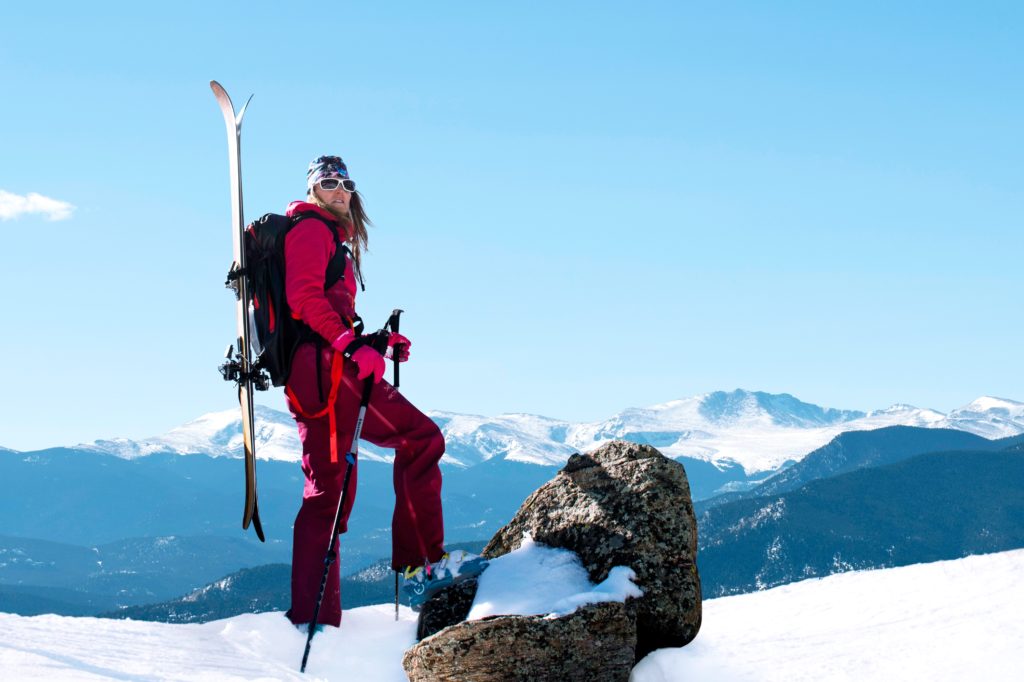Not ready to hang up your skis or snowboard for the season? Backcountry skiing and snowboarding are great ways to extend your season. And although getting out into the backcountry can be fun, it does come with risks. Being a great skier or snowboarder in the backcountry also means making safety a top priority.
Things to Remember Before and During Backcountry Skiing or Snowboarding
The National Ski Patrol assembled a fantastic primer on things to remember before and during a backcountry outing.
Tips include, but aren’t limited to:
- Taking an avalanche safety course and learning to recognize avalanche terrain
- Researching route and snow conditions before heading out
- Having the courage to know when you shouldn’t go if surroundings feel even remotely dangerous
AIARE Avalanche Training Course www.avtraining.org
Read the whole article from the National Ski Patrol.
BackcountrySkiingCanada.com provides another helpful reference for backcountry skiing tips.
Avalanche Safety Tips
And if you find a member of your team in an avalanche, Wilderness Medical Associates International advises:
- Staying calm
- Turing your beacon to receive, assuming all members of your team were wearing an avalanche rescue beacon
- Remembering to look, listen, and feel and never leave home without your beacon, probe or shovel
Read the whole from Wilderness Medical Associates International.
And Outside Magazine includes five avalanche safety tips as well:
- Prepare
- Practice
- Pay attention
- Work together
- Move fast
Read the whole Outside Magazine article here.
Skiing in the backcountry can be dangerous if you’re not prepared or don’t have the proper equipment. But like any outdoor activity, risks can be mitigated by exercising caution, safety, and restraint. The backcountry is a blast! But no turns are worth putting you or your friends in danger.
Dr. Sonja Stilp delivers innovative, individualized physical medicine and rehabilitation services in non-surgical spine and sports medicine. Dr. Stilp also fancies herself a safe and capable backcountry skier. She holds certifications in Wilderness Medical Society and AIARE. Dr. Stilp is trained in Advanced Wilderness Life Support and AIARE Avalanche Safety. She believes an important foundation of safety is proper physical fitness and education. And yes, this is a photo of Dr. Stilp in the backcountry.

